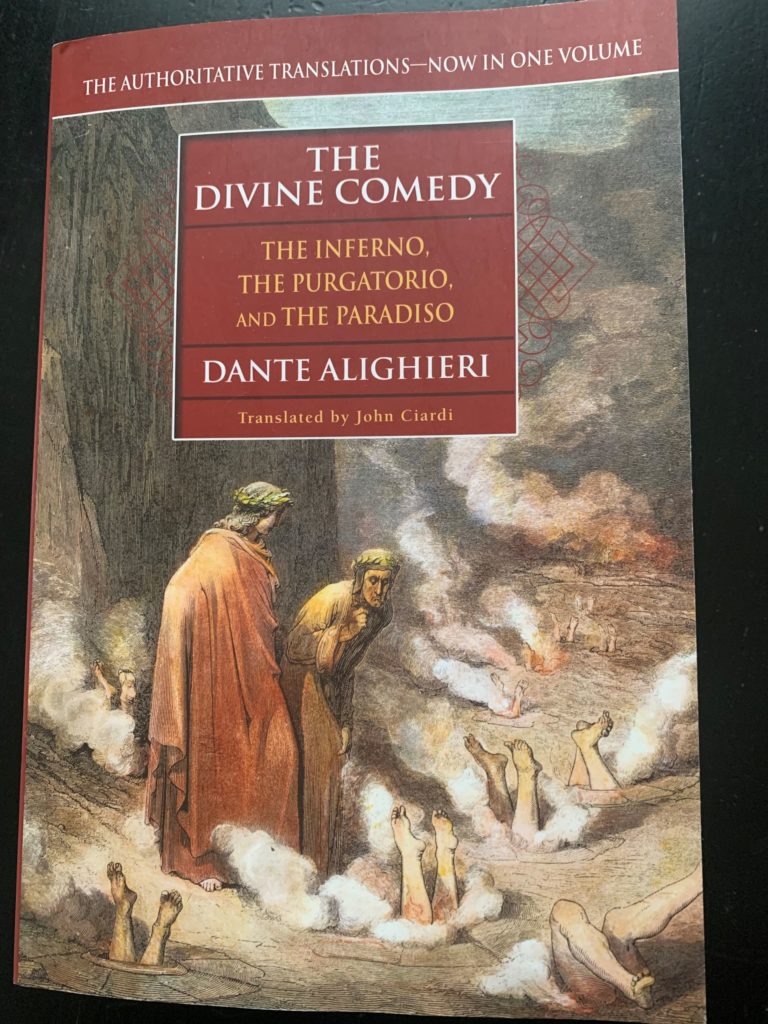From the reviews I read, Mercury is considered the first level of Heaven. I am not sure what that actually means for the moon. It is on this level that we start to hear about all of the good stuff (I guess).

I am going to keep it fairly light today because I already think that I am going to have a problem in Paradise. Canto V starts off with a bang. This is the transition from the moon to Mercury. All of the souls are excited to greet the new arrivals. The primary protagonist is the former emperor Justinian.
There are a couple of notables this week. Canto VI is said to be the only chapter written in the voice of a single character. It is also stated that each of the three books in Canto VI are about politics. The symbolisms is that the three add up to 666. Said another way, politics are the Devil. I can get behind that.
We get to hear about how great the Roman Empire is and how the eagle represents God and all things are ordained with that line of thinking. The Roman Empire is the extension of Christianity etc. There is another debate or schooling of free will and the consequences thereof.
I guess that I have to say that I have never had this line of thought. That would be that there are levels to heaven just as there are levels to hell and purgatory. While the souls that are here have been deemed worthy to be at this level of heaven, it was their earthly deeds that limited how far they could go. So, while Justinian was a ‘good guy’ he did so for selfish reasons.
It also makes me wonder what the point of Purgatory really is. If you spend all this time atoning for sins only to come to a glass floor, there is a shadow of a doubt as to the validity of Purgatory further still to me. The next level is Venus which will be Cantos VIII and XIX next week.
End Your Programming Routine: Having never read this, I should have expected as much. Maybe heaven was going to be divided by interest or culture or something besides how good you are on earth. This kind of flies in the face of my theological beliefs. I always thought that salvation was a gift with no strings attached. We will have to see what the next steps look like.
Recent Comments